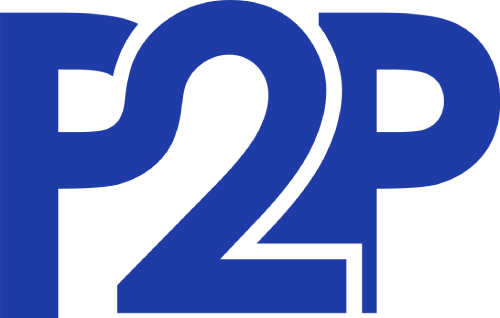Also referred to as “revenue recognition”, it represents the point at which a construction project becomes profitable. Under the cash method, you will record expenses as you pay them out, and income gets accounted for when payments are received. The percentage of completion method (PCM) is a method of accounting that records revenue when it has been earned but not yet received. Job costing sounds complex, but there are accounting software tools to make it more manageable.
Reporting
- Accurate change order tracking ensures financial records reflect the project’s current scope.
- It also ensures that financial statements accurately reflect the company’s financial position.
- Accounting for construction in progress often seems elusive to many construction contractors.
- Job costing is a method for allocating expenses and revenue to each specific job.
- This method is beneficial for ongoing projects that require tracking individual stages of work.
Once you complete the project, you can then issue a final invoice for the How to leverage construction bookkeeping to streamline financial control entire value of the retainage. The first set should cover information on the progress milestone met and reflect the total amount authorized for the services. The simplest way to account for retainage is to include two sets of information on your invoices.
For Medium-Sized Companies (Revenue: $7 Million to $50 Million)
Construction accounting also involves tracking revenues so that you can accurately measure the profitability of your projects. Construction management software is essential for managing complex construction projects. Direct costs in construction accounting are the expenses that can be directly traced to a specific job.
Best practices for accounting and bookkeeping for a construction business
- In general, a construction business with gross receipts (also known as Business Tax Receipts) over $10 million must use the percentage of completion revenue recognition method for tax purposes.
- As it turns out, this makes all the difference in how a construction company does business.
- For contractors, having robust bookkeeping practices helps maintain profitability and control over each project.
- While revenue recognition and retainage impact when a company can record revenue, billing refers to when a home buyer receives invoices.
- However, the completed-contract method allows the contractor to defer paying tax until a year later.
- In many ways, the time and materials accounting is the opposite of the fixed price method.
Construction business involves very different challenges than other kinds of production. Most of these challenges arise from the fact that construction is project-based, and each project involves unique problems and solutions. Time and Materials (T&M) billing is commonly used when the project scope is not well-defined at the outset, or when changes to the scope are expected.
Construction bookkeeping services can assist in streamlining this process and ensuring that all expenses are properly documented. Job costing is a cornerstone of construction accounting, involving the precise allocation of expenses to specific construction projects. It provides detailed insights into all project-related costs, aiding in accurate cost estimation, budgeting, and profitability analysis. Construction accounting is a highly specialized type of financial management because of the industry's unique characteristics. Unlike many other types of businesses, construction companies need to track and account for multiple contracts, construction projects, and job costs at any given time. This https://azbigmedia.com/real-estate/commercial-real-estate/construction/how-to-leverage-construction-bookkeeping-to-streamline-financial-control/ makes keeping tabs on all the moving pieces much more complex than in other industries.
What is the difference between Construction Accounting and standard accounting?
Many construction companies will repeatedly use the same type of contract for similar projects, and over time these businesses grow in their ability to monitor job costs, revenues, and profit. One potential downside of the percentage of completion method is that businesses may incidentally underpay or overpay for taxes depending on how accurately they estimate costs. That way, management can see problems before they occur and make adjustments as necessary — like securing short-term financing or re-evaluating upcoming projects. Your company may manage short- and long-term contracts, often with varying end dates. To stay on top of cash flow and keep your books in check, you will need a flexible yet organized construction accounting system. However, managing your business finances correctly doesn’t always come naturally—especially if you’re not much of a numbers person.

